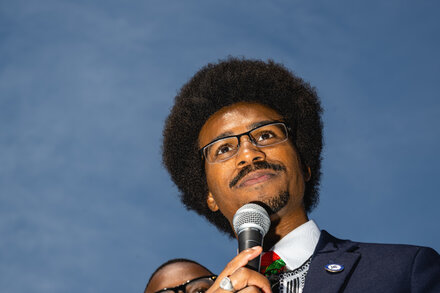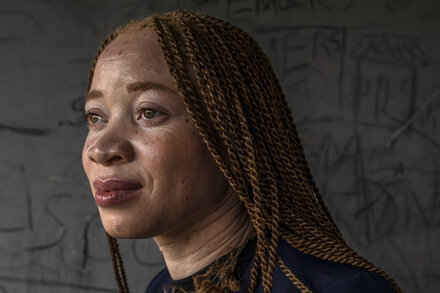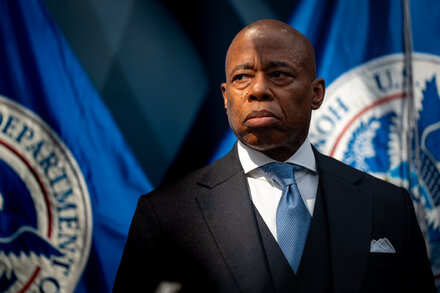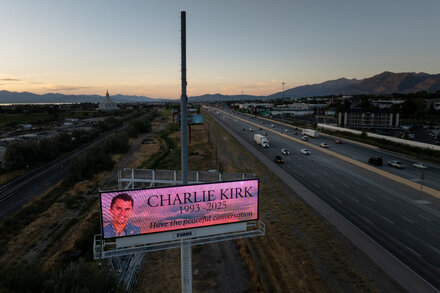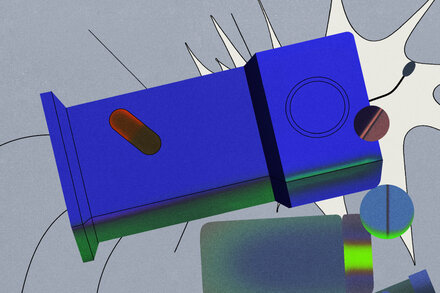
The question of whether Robert F. Kennedy Jr.’s long-standing critique of vaccination campaigns and public health authorities has concluded continues to be a subject of public debate, particularly in light of his recent political endeavors. For years, Kennedy has been a prominent voice challenging vaccine efficacy and safety, a stance that has positioned him at odds with the overwhelming consensus of the scientific and medical communities.
Kennedy’s involvement in the vaccine debate gained significant traction through his role as chairman of Children’s Health Defense, an organization that has actively promoted claims linking vaccines to various health issues, including autism, despite extensive research refuting such connections. His advocacy has often focused on questioning the safety protocols of pharmaceutical companies and regulatory bodies, arguing for greater transparency and independent oversight.
Throughout his recent presidential campaign, Kennedy has repeatedly clarified his position, asserting that he is not “anti-vaccine” but rather “pro-safe vaccine.”
“I am not anti-vaccine, I am pro-safe vaccine. I believe in independent science and holding pharmaceutical companies accountable,” Kennedy stated during a campaign event.
This nuanced framing, however, has not altered the perception among public health experts and scientific organizations, who continue to categorize his rhetoric and the information promoted by associated groups as contributing to vaccine hesitancy. These organizations consistently emphasize the rigorous testing and ongoing monitoring that vaccines undergo, affirming their safety and effectiveness in preventing infectious diseases.
The Scientific Consensus
Leading global health institutions, including the World Health Organization (WHO) and the Centers for Disease Control and Prevention (CDC), unequivocally state that vaccines are among the most effective tools for public health, significantly reducing the incidence of diseases like polio, measles, and influenza. The scientific consensus is built upon decades of research, clinical trials, and real-world data demonstrating the benefits of vaccination far outweighing the risks.
As of late, there have been no public indications from Robert F. Kennedy Jr. or his associated organizations that his core positions on vaccine safety and regulatory oversight have undergone a fundamental shift. While the intensity of his rhetoric might vary depending on the public platform, the underlying criticisms and calls for reform remain consistent with his long-held views. Therefore, the “war on vaccination,” as it is often termed by critics of his stance, appears to be an ongoing aspect of his public and political advocacy, rather than a chapter that has concluded.
Source: Read the original article here.
